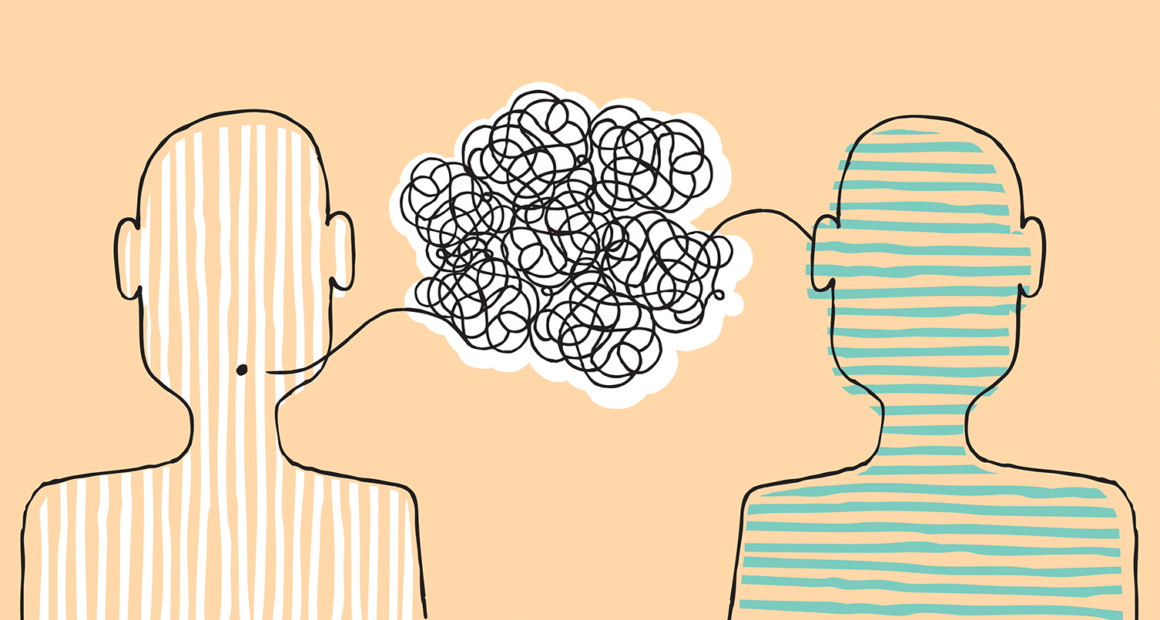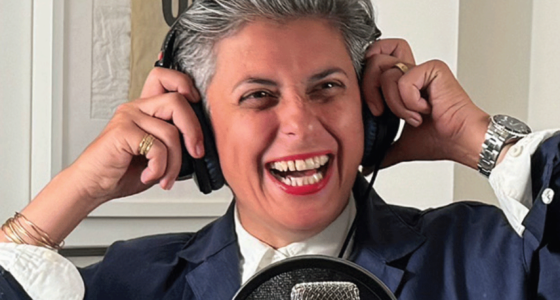Three pros share how the profession has defined them

The ground floor of CBC’s Vancouver office is where Kimberly Ivany, producer for the investigative news segment Go Public, makes her mark. She works a steady grind—story-hunting, interviewing, creating, learning about issues affecting Canadians, and then learning some more. Journalism has been part of her life for 16 years. “This has always been a natural part of who I am,” she says. “I love people. That was a huge pillar of what pushed me into this industry.”
Shari Okeke, assistant professor of journalism at Toronto Metropolitan University, has a similar feeling about her work. In 2022, Okeke left CBC Montreal after 20 years, having created the podcast Mic Drop, which featured stories from young people in their own words. For much of her life, she’s been a journalist, and the job has become part of her identity. “I’ve been a journalist for more than half my life at this point,” Okeke says, and it’s the experience “of having listened to people for so long” that’s stayed with her.
One of the ways in which both Ivany and Okeke have felt journalism’s impact on their lives is in their awareness of others and their honed ability to pay attention. “Everyone has a story,” says Okeke. “You’re more empathetic about people’s stories. I always was empathetic, but it has become more natural for me.” For Okeke, her long journalistic career has taught her to take the time to reflect on what people are saying rather than forming a conclusion too quickly. Mic Drop opened her eyes to the challenges teens and parents face during the teenage years. “I learned a lot from the teenagers I was interviewing at that time, before my kids were at that stage,” she says. “That was a big exercise in listening and hearing their perspectives.”
“Interviewing people about the most sensitive, personal things they’ve been through helped me to become more emotionally intelligent”
— TIFF LAM
For Ivany, developing the skill of interviewing has meant fostering human connections. “Our shared personhood, our shared humaneness—really being able to relate to a wide range of people,” she says. “It’s so cool how just asking questions does that for us.” She recognizes that her skill has been refined over the years, “just the way in which I naturally ask questions or the way that I pull a small detail of what somebody’s telling me and ask about that.”
Tiff Lam, digital media producer at TVO, says journalism has helped her realize how valuable it is to understand where people are coming from. She recently worked on In Our Heads, a TVO podcast series designed to shed light on the mental health crises that young people currently face. “When you’re interviewing people about some of the most sensitive, personal things they’ve been through, it also teaches you how to be an active listener, how to be patient, how to make accommodations for people,” she says. “It’s helped me to become more emotionally intelligent.”
About the author
Lidia is a second-year MJ student. She has interned at TVO, producing weekly segments for The Agenda with Steve Paikin. She is the Copy Editor for The Otter. She has a keen interest in unraveling socio-economic and systemic issues, and bringing a voice to those often underrepresented.






